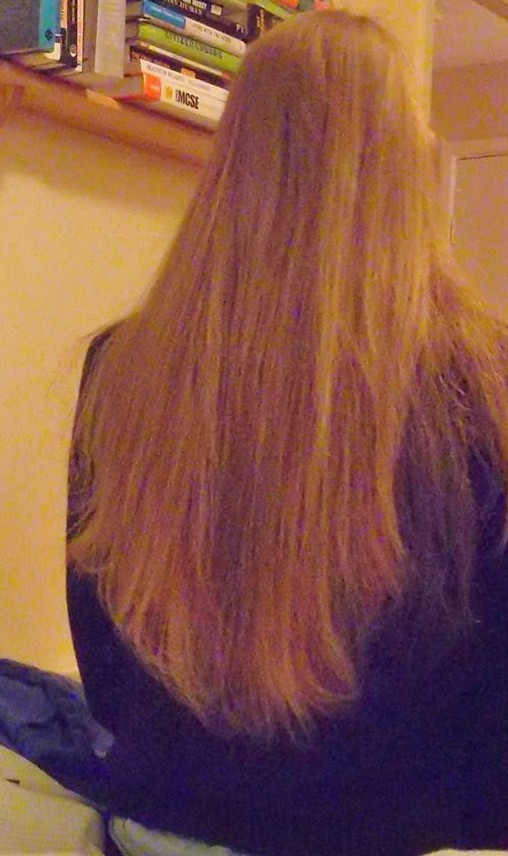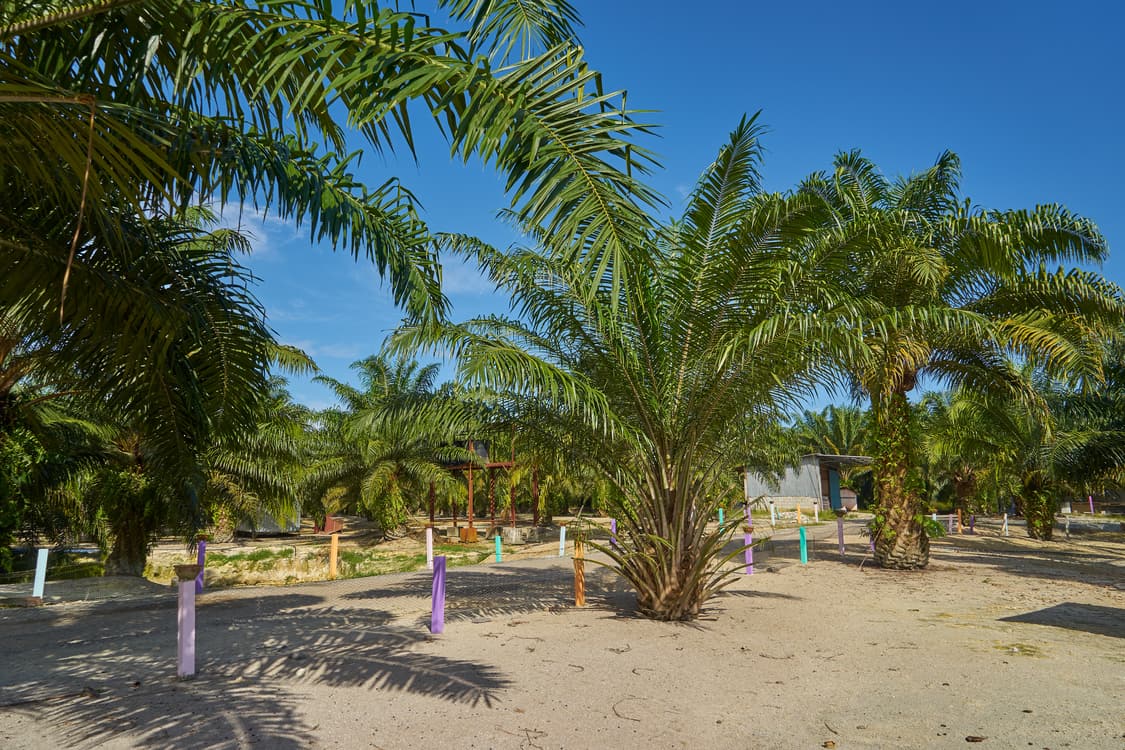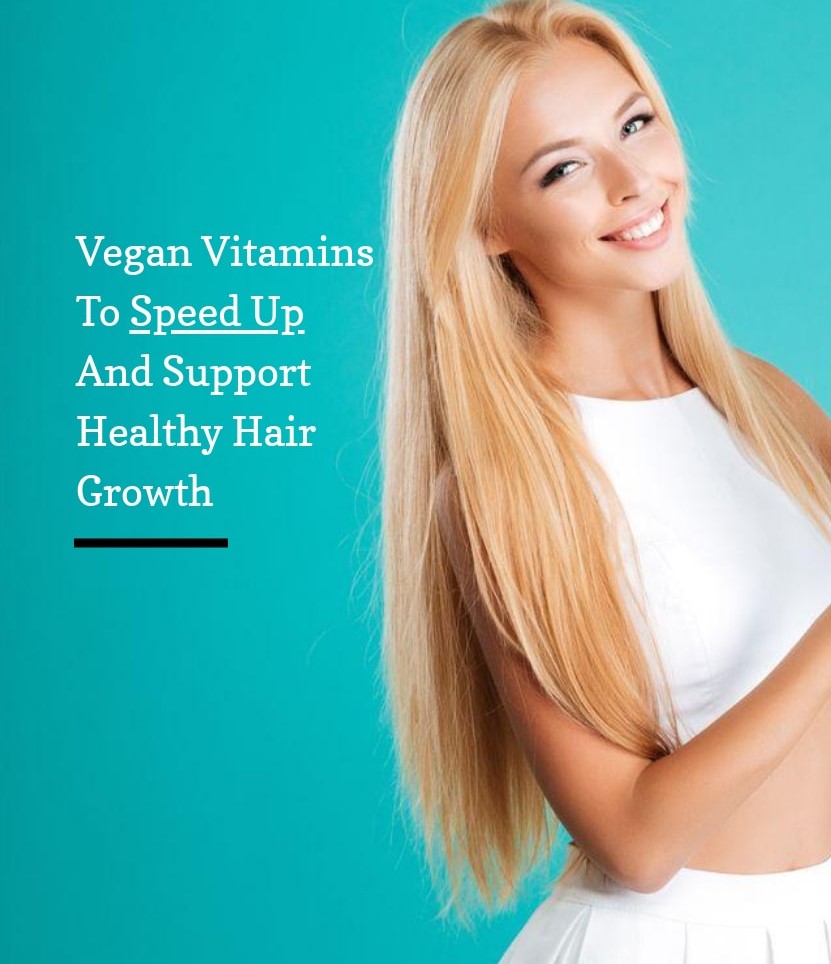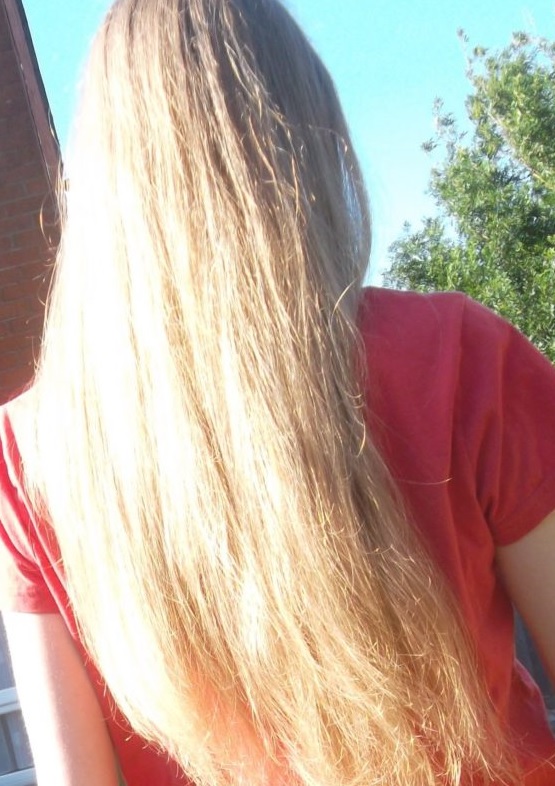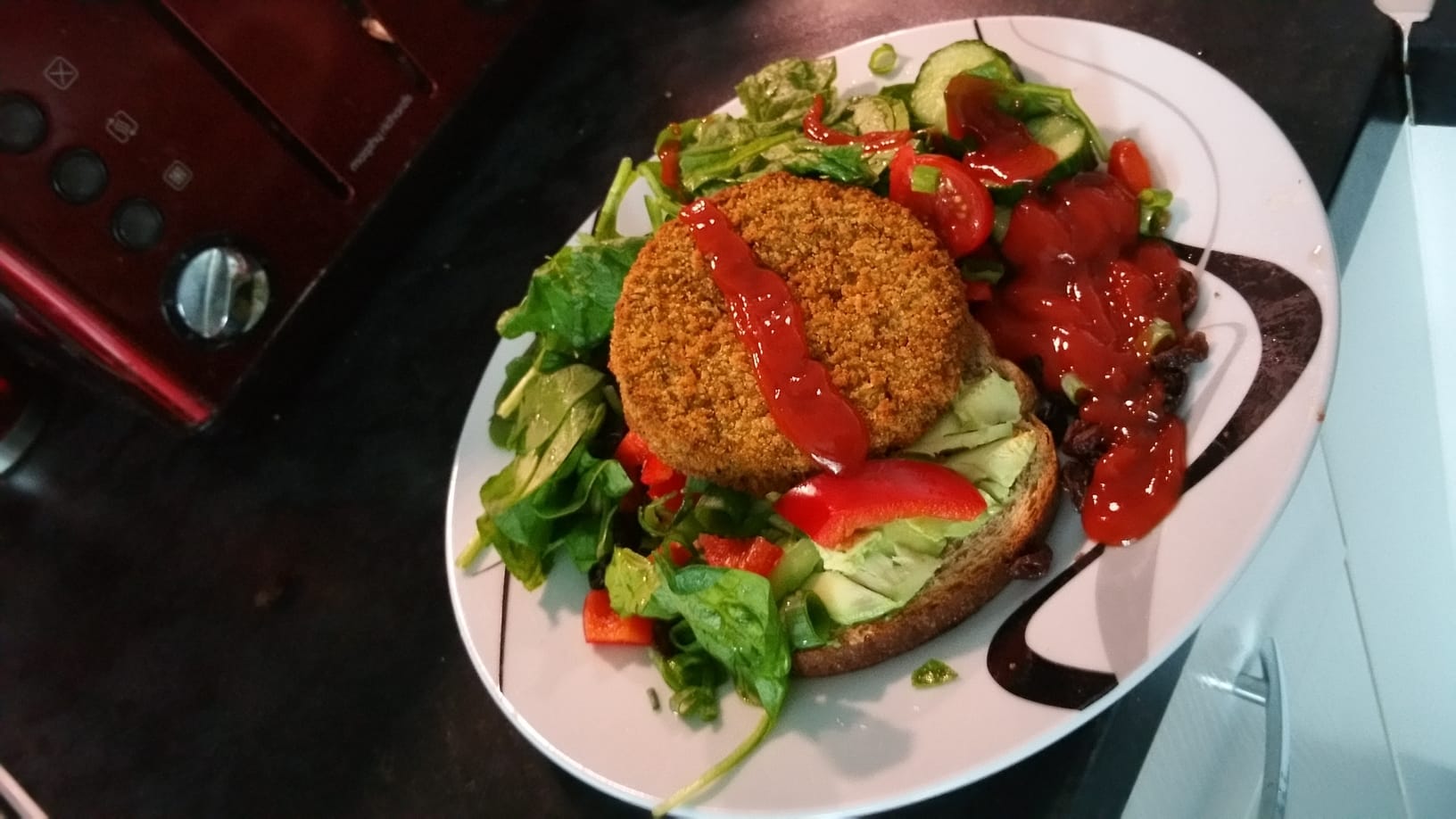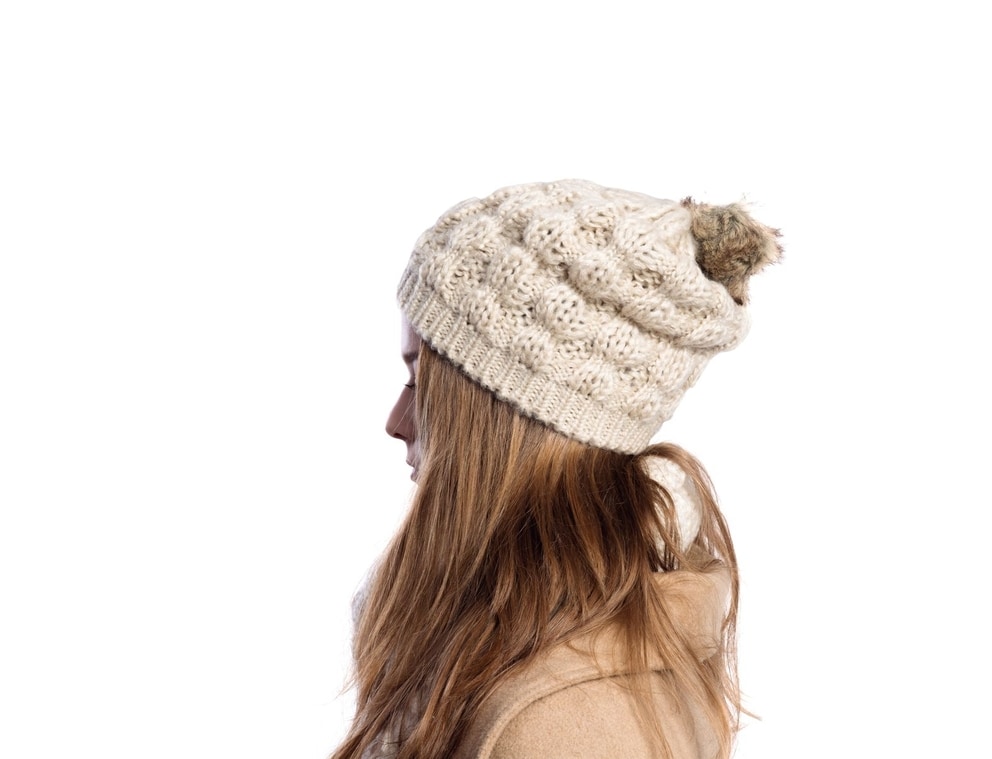Disclosure: This article may contain affiliate links. If you decide to make a purchase, I may make a small commission at no extra cost to you.
Two of the main indicators of youth is great skin and good hair. As we get older, we all start to lose our hair and it affects both females and males. This can happen naturally with age, but research suggests that probiotics may be able to prevent hair loss by lowering levels of inflammation and increasing powerful anti-inflammatory factors [1].
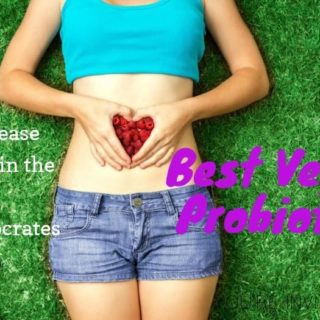
As already mentioned, hair loss affects both men and women. Men typically have what is known as androgenetic alopecia, while women develop more diffuse hair thinning with increasing age.
This is not helped by the sudden drop in hormones during menopause for women. Due to a sharp decline in estrogen, hair can become thin, brittle, and easily prone to breaking.
There’s been a lot of research into different vitamins, minerals, and other nutrients for reversing hair loss naturally, and some have proven to show some efficacy, raising the hopes that using a combination of natural hair growth supplements may be a good alternative to taking medications.
Previously there has been far less work done looking at the effects of gut bacteria and probiotics on hair growth. At least, until now.
Do probiotics work for hair loss?
As we age, there are many changes that take place in the gut where there are significant changes in populations of gut bacteria. This can have a system-wide effect that can affect our health in many ways.
It’s been shown in multiple studies in animals and in humans that a healthy digestive system is crucial for good health. In fact, a recent study found that centenarians have gut health that was similar to young adults.
So it seemed plausible to researchers that altering our gut bacteria may have beneficial effects on the skin and hair.
Before I go into how probiotics can help, let’s look at the things which can affect gut health.
Disruption of gut flora can occur because of many reasons:
- Antibiotics
- Processed foods diet
- Medications
- Stress and depression
- Autoimmune disease
- Aging
Gut bacteria can be negatively affected by any one of the factors above, but in many cases, the situation can be improved by addressing the issues. One of the most important factors is to improve your diet but using probiotic supplements could be useful in restoring balance.
Probiotic hair loss study
In a paper published in 2013, researchers investigated the effect of using a specific strain of bacteria called L. Reuteri on skin health and fur coat of C57BL/6 mice. You can find this exact strain of L. Reuteri as a supplement. The study suggests that this would be the best probiotic for hair growth.
Their hypothesis was based on the factor that gut bacteria can have significant effects on the immune system by regulating immune system cells and cytokines which can have an effect cell growth, repair/regeneration, and skin barrier function.
So at 20-24 weeks of age, the mice were split up into two groups: one group ate the yogurt which contained the bacteria, and the other ate the state chow.
The probiotic group had fast results!
Within just seven days, the mice who were receiving the probiotic experienced dramatic improvements in hair growth.
Mice who were eating the standard diet had dull fur and suffered from dermatitis and alopecia. The researchers noted that there was a bigger difference in female mice compared to males, however, there was a trend towards increased fur shininess in male mice as well.
One of the reasons for this could simply be because males tend to have more oily skin compared to females, and the probiotics were able to increase oil production in the skin, which boosted shine.
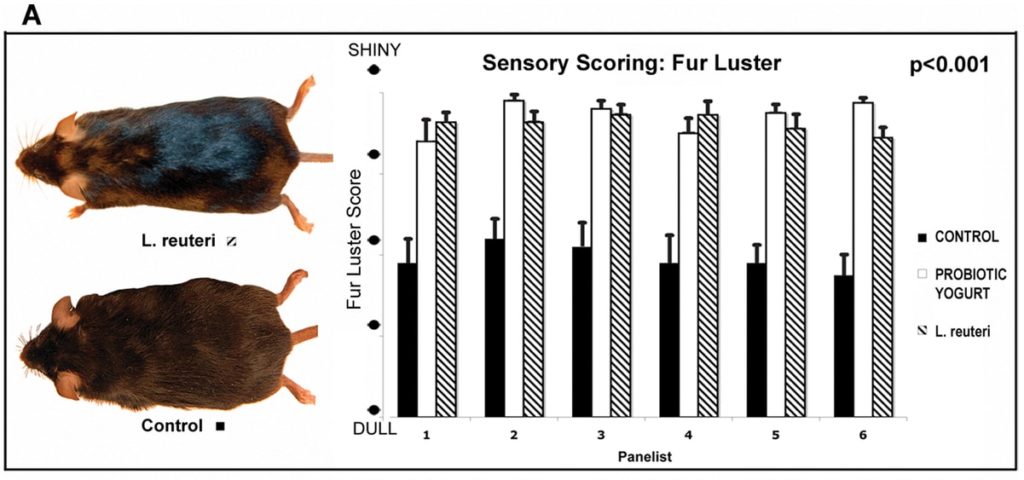
Why did probiotics improve hair health?
When the researchers looked at the mucocutaneous pH level, they found that the mice eating the probiotic or receiving L.reuteri had significantly increased the pH level in various parts of their body.
They also noted that the mice had significantly faster hair regrowth after mice had their hair shaved and received the probiotic.
Increased skin dermal thickness
Another surprising result of the study was that the females that received the probiotic had significantly improved dermal thickness. Indicating that the probiotic may have slowed down or reversed the effects of skin aging.
Microscope-assisted histomorphometry
- Females receiving the probiotic: 457.1±64.86 pixels
- Females receiving the control diet: 357.9±63.87 pixels
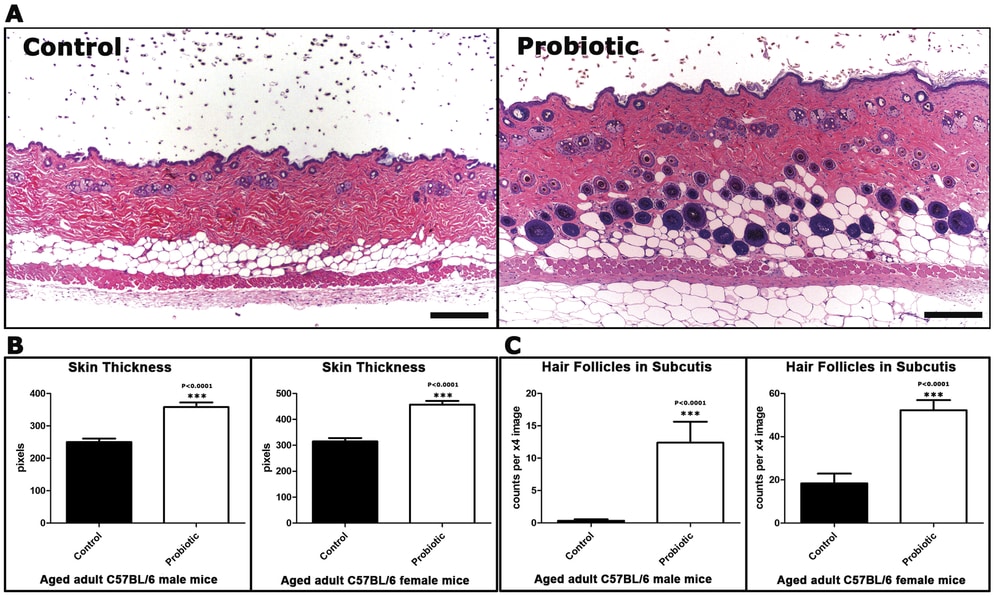
Mice had more hairs in their growth phase
Looking at the growth cycle of hairs, and the percentage which was in the active growth phase (anagen), they noticed a significant difference in both genders.
Mice eating the probiotic had more hairs which were in the growth phase at any one time, and this was especially true for male mice.
Males
- Mice eating the yogurt had 70% of hairs in their growth phase
- Mice eating the control diet only had 36% of hairs in their growth phase
Females
- Mice eating the yogurt had 62% of hairs in their growth phase
- Mice eating the control diet had 30% of hairs in their growth phase
Was it the yogurt or the specific type of bacteria which helped improved hair?
To understand whether or not it was the yogurt or the specific type of bacteria, L.Reuteri which was responsible for these effects, they look at the effect of simply adding the bacteria to the mice’s drinking water.
After mice received the bacteria, they observed the same changes that occurred in their earlier findings by just using the bacteria instead of the yogurt.
L.Reuteri for hair loss: Why did it work?
Our immune system and our gut health are closely linked, and it’s been known now that they both can have dramatic effects on the health of humans.
Therefore it’s not surprising that gut bacteria would affect skin and hair growth.
The reason why the probiotic seemed to work was that it altered the pH level of the skin, and also suppressed various pro-inflammatory cytokines which cause skin inflammation and impair skin and hair growth cycle, follicle regeneration and healing.
Probiotics have systemic effects on multiple pro-inflammatory mediators such as TGF-Beta, IL-17, IL,22, IL-1, TNF-a.
We have both pro-inflammatory and anti-inflammatory cytokines.
It was found that in order for the mice to benefit from the bacteria, there had to be an increase in the level of IL-10, which is able to significantly dampen down the immune response and is a powerful anti-inflammatory.
Although the researchers used a specific strain of bacteria (L.reuteri) in this study, other strains of bacteria have been shown to significantly increase levels of IL-10 in animals and humans.
See my article on probiotics here
In summary
Maintaining gut bacteria in a healthy state appears to be very important in staying healthy both inside and out.
Given these recent findings, probiotics may be helpful in preventing hair loss and improving hair quality. Taking probiotics, specifically the strain L.Reuteri, could be useful for people who are suffering from hair loss.
References
- Probiotic Bacteria Induce a ‘Glow of Health’
http://journals.plos.org/plosone/article?id=10.1371/journal.pone.0053867

